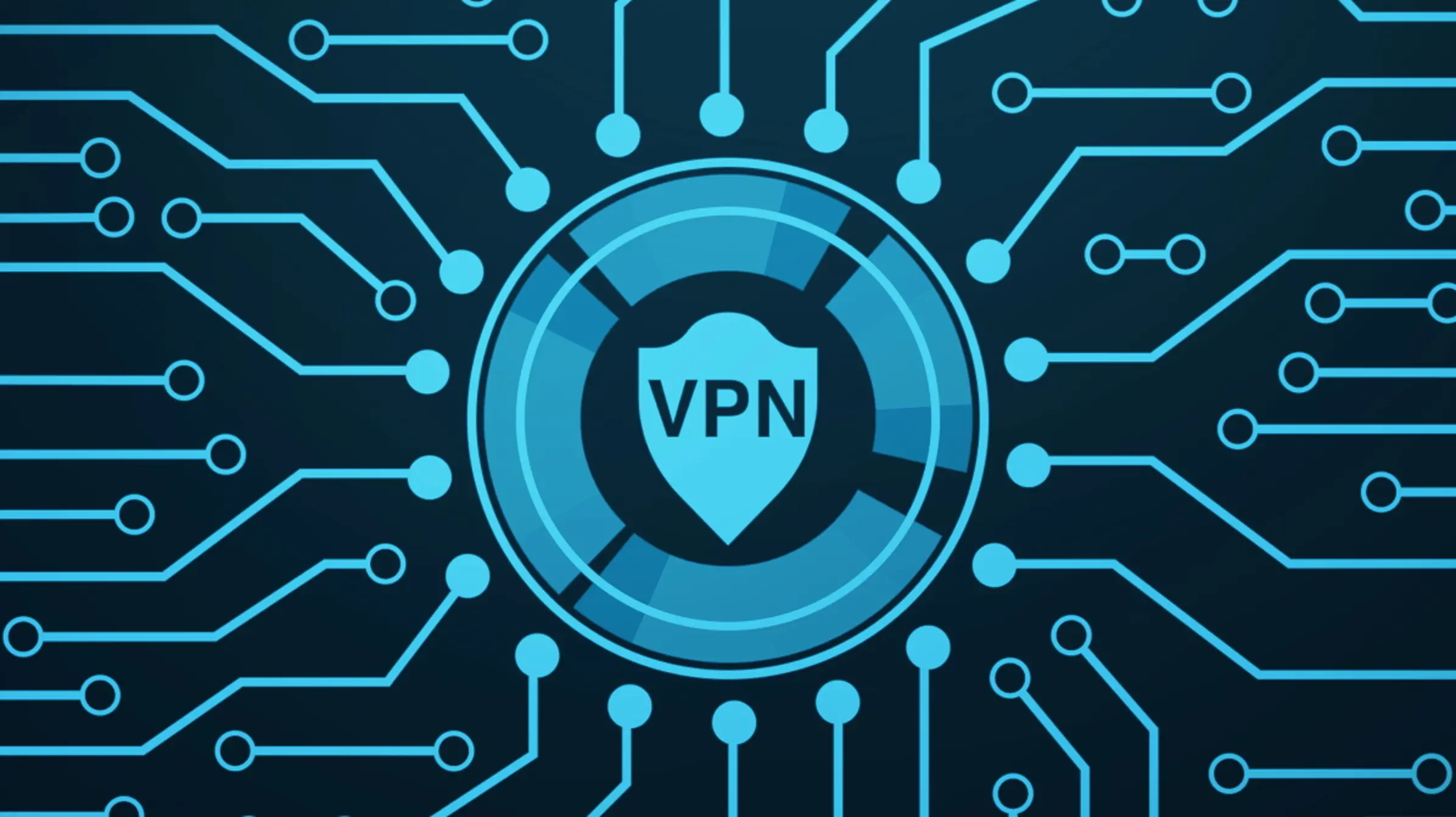It’s no secret that using a VPN is important in today’s world, both for security and privacy. But with so many free VPNs on the market, why should you pay for one? In this blog post, we explain why it’s best to avoid free VPNs and invest in a paid vpn for download that offers better protection. From data logs to speed limits and more, read on to learn why you shouldn’t use a free VPN.
What is a VPN?
A VPN, or Virtual Private Network, is a secure tunnel between two or more devices. A VPN encrypts your internet traffic and routes it through an intermediary server, making it difficult for anyone to snoop on your activity or see your personal information.
There are many reasons to use a VPN, but one of the most popular is to protect your privacy online. Unfortunately, free VPNs are often not as private as they claim to be. In fact, some free VPNs may actually be putting your privacy at risk.
What are the risks of using a free VPN?
- Free VPNs sell your data to third parties.
If a VPN is free, then how do they make money? The answer is simple: by selling your data to third parties. This includes everything from your browsing history to your personal information and even the contents of your emails. This data is valuable to advertisers and other companies that want to target you with ads and offers.
- Free VPNs may contain malware.
Another way that free VPN providers make money is by infecting your device with malware. This can happen in a couple of ways: either the VPN software itself contains malware, or the provider will insert ads into the web pages you visit that contain malicious code. Either way, you could end up with viruses, spyware, or other malicious software on your device that can steal your personal information or simply wreak havoc on your computer.
- Free VPNs may not offer the same level of security as paid services.
Free VPNs typically don’t have the same level of encryption and security features as paid services, which means that your data is more at risk of being intercepted by hackers or other malicious actors. This could lead to your private information being exposed or even used for identity theft.
What are the alternatives to free VPNs?
There are a few alternatives to free VPNs. One is to use a paid VPN service. Paid VPNs typically offer more features and better security than free VPNs. They also tend to be more reliable and have better customer support.
Another option is to use a web proxy. A web proxy is a website that allows you to browse the internet anonymously. However, web proxies don’t usually encrypt your traffic, so your data may still be vulnerable to interception.
Finally, you can try using a Virtual Private Network (VPN) client on your computer or phone. Many VPN clients are available for free, but they may not be as reliable or offer as many features as paid VPNs.
How to choose a VPN?
There are a lot of different VPN providers out there, and it can be hard to know which one to choose. Here are a few things to look for when choosing a VPN:
– Make sure the VPN uses strong encryption. This will ensure that your data is safe from prying eyes.
– Check the provider’s terms of service. Some providers may keep logs of your activity or sell your data to third parties. Avoid these providers!
– Make sure the VPN has a good reputation. Read reviews from other users to see if they’re happy with the service.
– Consider the price. Some VPNs are more expensive than others, but usually you get what you pay for in terms of features and security.
Conclusion
To summarize, using a free VPN is not recommended. Free services often lack the features and security that paid VPNs can offer, making them more vulnerable to cyberattacks. Additionally, most of them have limited servers and slow speeds which can be extremely frustrating for users. It’s always best to opt for a reliable and trusted provider so you can enjoy secure browsing without worrying about data breaches or unexpected charges on your bills.

“Prone to fits of apathy. Introvert. Award-winning internet evangelist. Extreme beer expert.”










